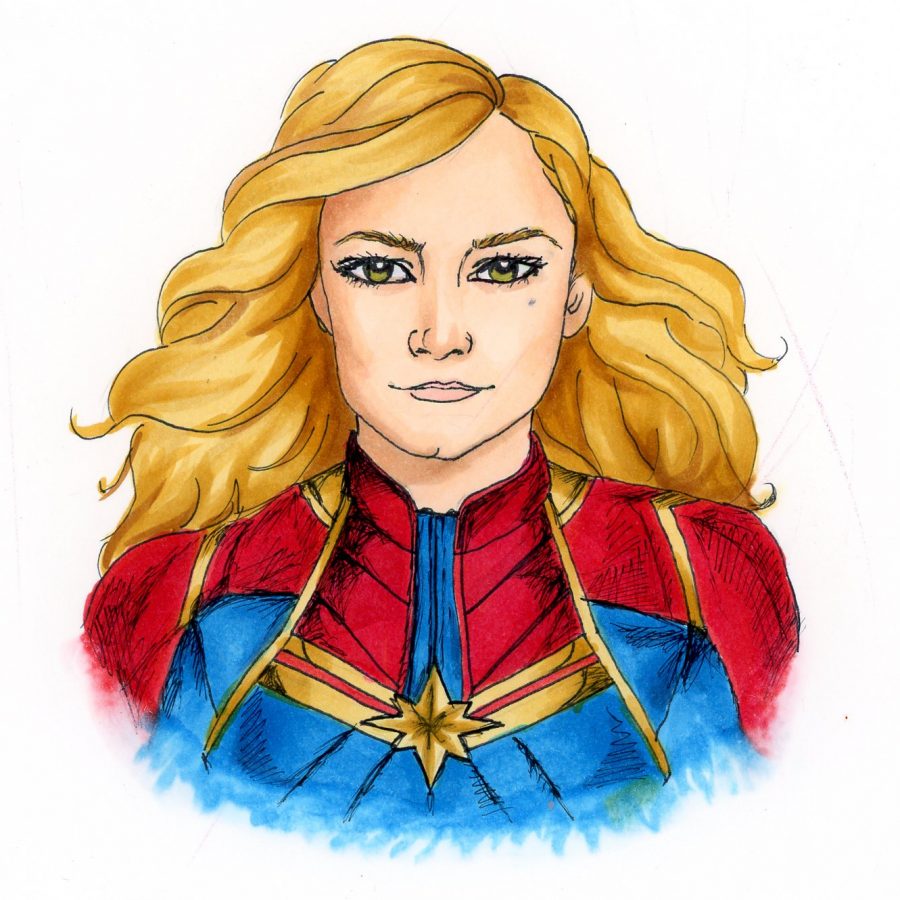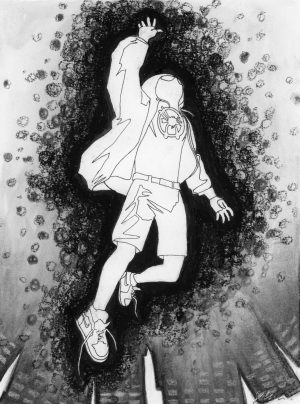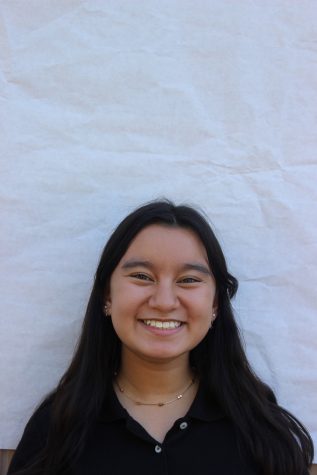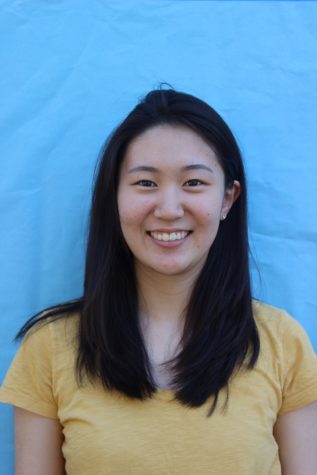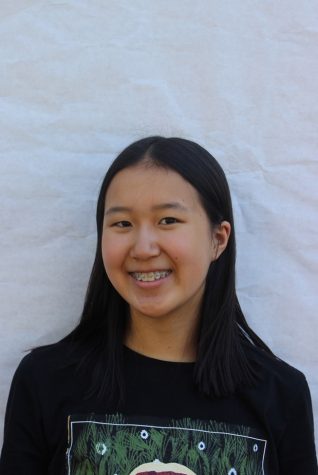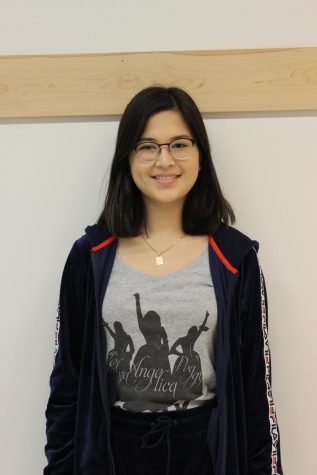Captain Marvel spurs new era of female representation
Captain Marvel,” Marvel’s first heroine origin story, is the newest addition to the Marvel Cinematic Universe.
April 29, 2019
“Captain Marvel,” the newest addition to the Marvel Cinematic Universe, promotes female empowerment and gender equality by featuring the franchise’s first female lead while retaining the generic aspects of superhero movies.
The film met every expectation of a Marvel movie. In fact, it grossed $455 million worldwide during its opening weekend and remained at the top of the box office for over two weeks after its release date on March 8. Brie Larson leads the invasion into fans’ hearts across the world as the charmingly blunt and unapologetic “Vers,” an alien warrior from the planet Kree who struggles to control her superhuman powers and wrestles with her mysterious past.
She ultimately finds herself drawn to Los Angeles, California, in the year 1995. There, “Vers” discovers her true identity as Carol Danvers, an Air Force pilot whose body was never recovered from a mysterious crash six years ago, causing Danvers to question the truth behind the intergalactic war between the Kree and Skrull (extraterrestrial) forces.
Danvers, who adopts the moniker “Captain Marvel,” and S.H.I.E.L.D. agent Nick Fury work together to stop the Kree after discovering that the Kree were actually terrorizing the Skrulls, who are looking for a new home.
Although “Captain Marvel” is the origin story for the titular character, it also provides answers that fans have been eagerly awaiting since the first Avengers movie, such as the story behind S.H.I.E.L.D. director Nick Fury’s mysterious scar and the roots of the Avengers Initiative.
It’s no exaggeration to say that by rejecting preconceived expectations about female protagonists, “Captain
Marvel “ marks revolutionary progress for female representation in popular media. Danvers embodies unwavering confidence in the face of confusion and doubt, and does more than stand her ground.
An overarching theme of the movie is female empowerment. Maria Rambeau, Danvers’ old friend from the Air Force, comments on her heroism, “You are the most powerful woman I knew, way before you could shoot fire from your wrists.” This encourages the message that women don’t need superpowers in order to be powerful. They can be powerful just by being themselves and persevering despite life’s obstacles.
Throughout the movie, Danvers is repeatedly faulted for being “too emotional” by her male counterparts. This phrase is used as a social commentary on how women are held to unrealistic and limiting standards. However, Carol shows how baseless such accusations are, breaking through the restrictions put on her power by the Kree with her fierce passion and determination, fueled by the very emotions that Yon-Rogg discouraged in her. Captain Marvel exhibits that men and their unfounded assumptions about her capability are the last things that will stop her.
In the end, Captain Marvel discovers her superpowers after finding herself as a heroine. Yon-Rogg then challenges her to prove herself to him, to which she responds, “I have nothing to prove to you.” She earns her power by recognizing her worth, independent of outside approval.
Aside from the film’s powerful message, directors Anna Boden and Ryan Fleck take advantage of every opportunity to stuff the film full of quirky bits of humor, further enhancing the action of the movie without becoming cheesy — which DC Films has yet to master.
Overall, while the movie follows a rather unoriginal, somewhat transparent superhero plot, it executes its narrative with tasteful humor, enhanced by Danvers’ winningly unsympathetic, no-nonsense attitude in the film.
Captain Marvel’s powerful entrance into the Marvel Cinematic Universe ushers in a new era of heroes, one that promises adventure for all audiences to partake in equally.

